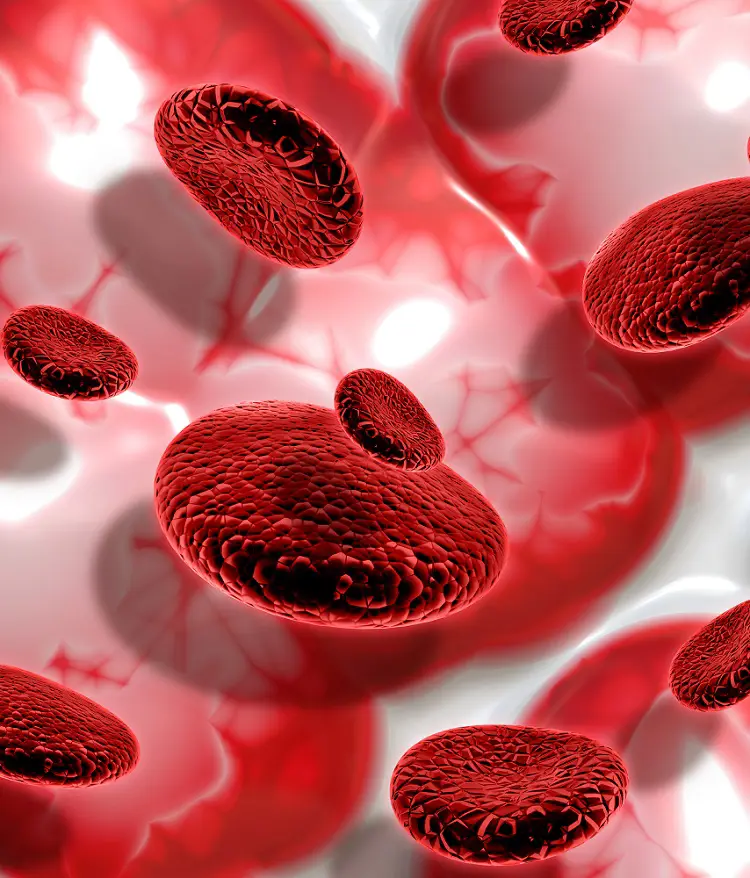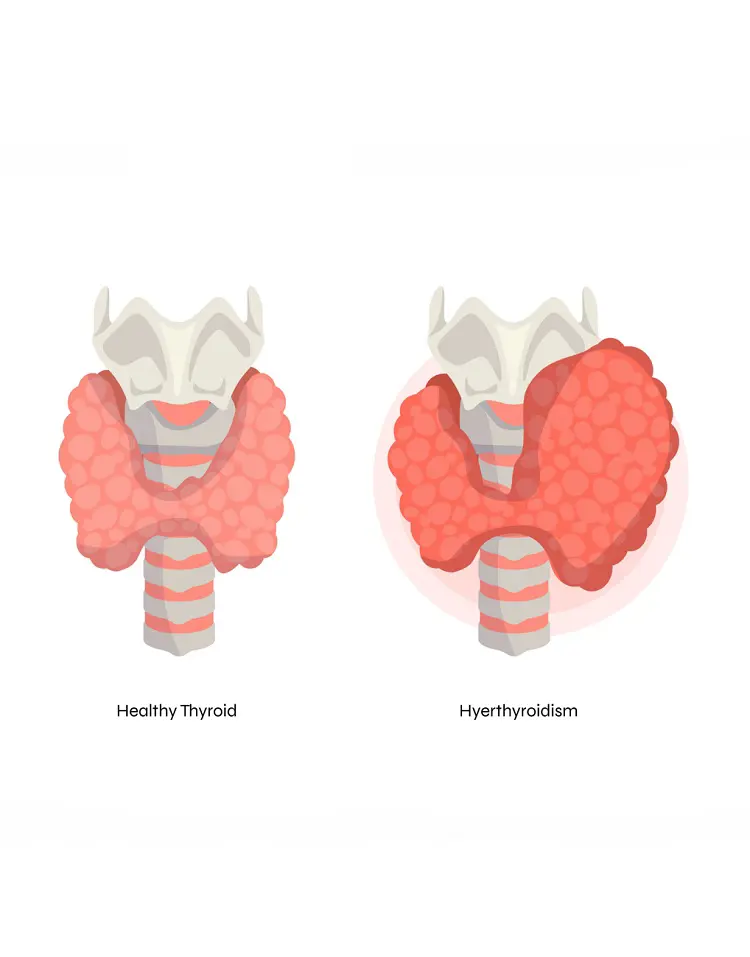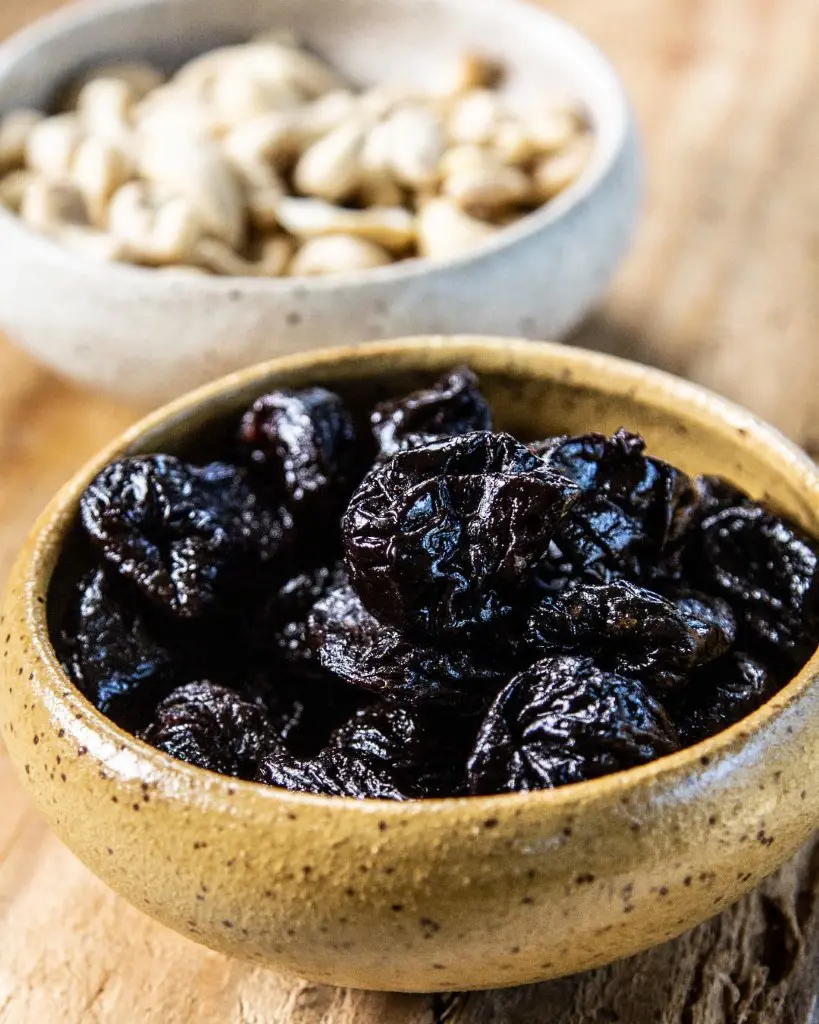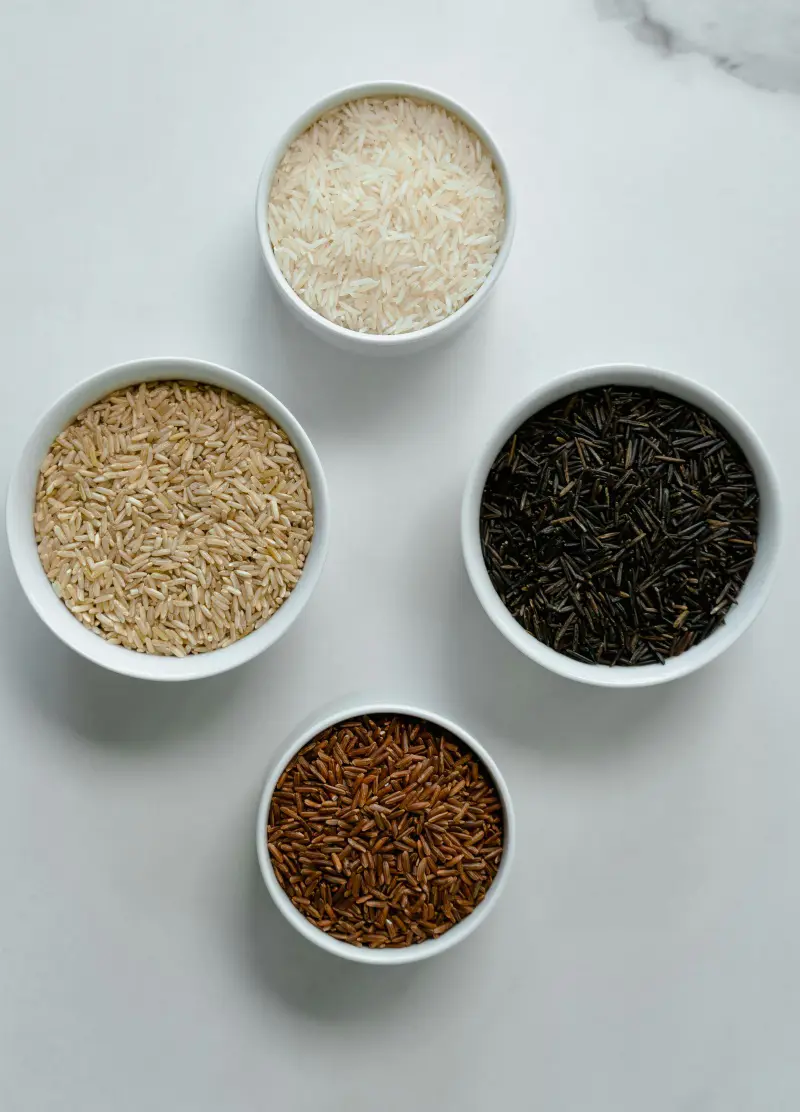Ham Nutrition Facts
While ham is low in fat, carbohydrates, and fiber, it is strong in protein. When consumed by itself, it has few calories Per 100 grams of cooked ham it contains the following nutrition facts:
- Calories: 145
- Protein: 20.9 grams
- Fat: 5.5 grams
- Saturated Fat: 1.6 grams
- Monounsaturated Fat: 2.2 grams
- Polyunsaturated Fat: 0.6 grams
- Cholesterol: 53 mg
- Carbohydrates: 1.5 grams
- Sugars: 0.5 grams
- Dietary Fiber: 0 grams
- Sodium: 1200 mg
- Potassium: 265 mg
- Iron: 0.9 mg
- Vitamin B12: 0.6 µg
- Zinc: 1.4 mg
















